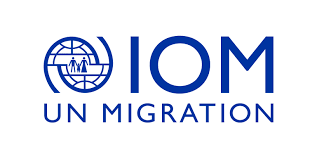
GOVERNMENT and development partners led by the International Organisation for Migration (IOM) have embarked on a project aimed at mainstreaming migration, environmental policies and adaptation strategies.
The project also aims to integrate migration considerations into climate change policies, strategies and frameworks to enhance government's capacity to effectively respond to the adverse impacts of climate shocks.
The overall goal of the project is to assess the nexus of climate change and migration in different provinces.
According to a concept note shared by IOM at a recent climate change-related migration workshop held in Kadoma, the effects of climate change have seen an increase in migration as people search for better living conditions.
“Unsustainable human exploitation of natural resources is a primary driver of anthropogenic environmental changes and degradation on a global scale resulting in significant alterations to ecosystem functioning,” said IOM.
“These unsustainable practices contribute to the occurrence of extreme weather events such as floods, droughts and heatwaves which have detrimental effects on livelihoods, human health, the economy and ecosystems leading to migration in search for better livelihoods.”
IOM, however, noted that migration was also increasingly becoming an adaptation strategy in the context of climate change.
Through stakeholder engagements, IOM noted that there was need to tackle challenges and proffer solutions to the increasing problem of forced migration due to climate change.
- Reunification facility gives migrants lifeline
- Reunification facility gives migrants lifeline
- COP26 a washout? Don’t lose hope – here’s why
- Out & about: Bright sheds light on Vic Falls Carnival
Keep Reading
Zimbabwe is reeling from the effects of climate change as evidenced by unpredictable weather patterns. The country is currently in the throes of an El-Nino-induced drought.










